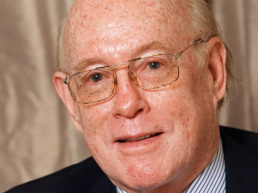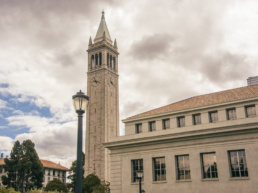Our guest this week is Susana Peralta, who has a PhD in Economics from the Université Catholique de Louvain in Belgium, an Associate Professor at NOVA SBE and a columnist for the newspaper PÚBLICO, in a conversation focused on the complex and vast theme of inequality, of which she has become one of the most recognized voices in Portugal.
It’s as important a topic as it is complex. This causes the voices with authority to talk about it, at least in Portugal, to be reduced as well. Susana Peralta is one of the most prominent economists in the Media in recent years, and her columns in the newspaper PÚBLICO have become a mandatory reading.
In this week’s edition of Atlantic Talks, the economist focuses the discussion on this same topic: inequalities. Susana Peralta points out that, according to several rankings, the United States is pointed out as one of the countries with the highest rates of inequality among the so-called developed countries. However, much of this is also due to a capacity for data collection and processing, which does not exist in European countries, such as Portugal.
“I think we should take our hats off to the United States, it’s very important that we say this. It may even be the most unequal country, but the truth is that we also have a knowledge of inequality, even for example in the ethnic dimension, in the United States. In Portugal, we have no way of knowing the true extent of ethnic inequality because we are forbidden to ask a person’s ethnicity. This debate existed for the censuses that will come in 2021, it did not pass. An inquiry has been promised, which has not yet come out. The INE is apparently working on it, but we don’t have the data to characterize that. And in the United States we have.” – Susana Peralta
A country’s ability to collect and process this data allows it to have a better knowledge of its own reality, but it also exposes itself to attacks, due to the results that, according to the economist, is still a bit hypocritical.
“There’s a certain hypocrisy when you’re always saying ‘look at inequality in the United States and such.’ Okay, but they can quantify it, the English can quantify it. They have now been able to quantify, for example, the huge disparities in pandemic mortality in ethnic minority populations in the US and the United Kingdom. And we in Continental Europe cannot do this, because no one lets us collect the data, so that is very hypocritical.” – Susana Peralta.
For the economist, the knowledge of the differences between the population is also an indicator of a more open society, which lives better with the presence of debate.
“There is a vast tradition of greater openness. I also think that they are societies that coexist better with debate, with the debate of ideas, and that are also more accustomed to the ideas of checks and balances. To have the checks and balances, you need to have a great tradition of openness.” – Susana Peralta.
You can listen to this edition of Atlantic Talks where you usually listen to your podcasts or follow one of the links down below.
Related Posts
March 25, 2025
Note of Condolence – Charles Buchanan (1934-2025)
March 24, 2025
Applications Open: FLAD/Saab Visiting Professor at UMass Lowell 2026
Portuguese professors can apply to…
March 17, 2025
FCT and FLAD sign new protocols with the University of California
The objective is to promote academic…


